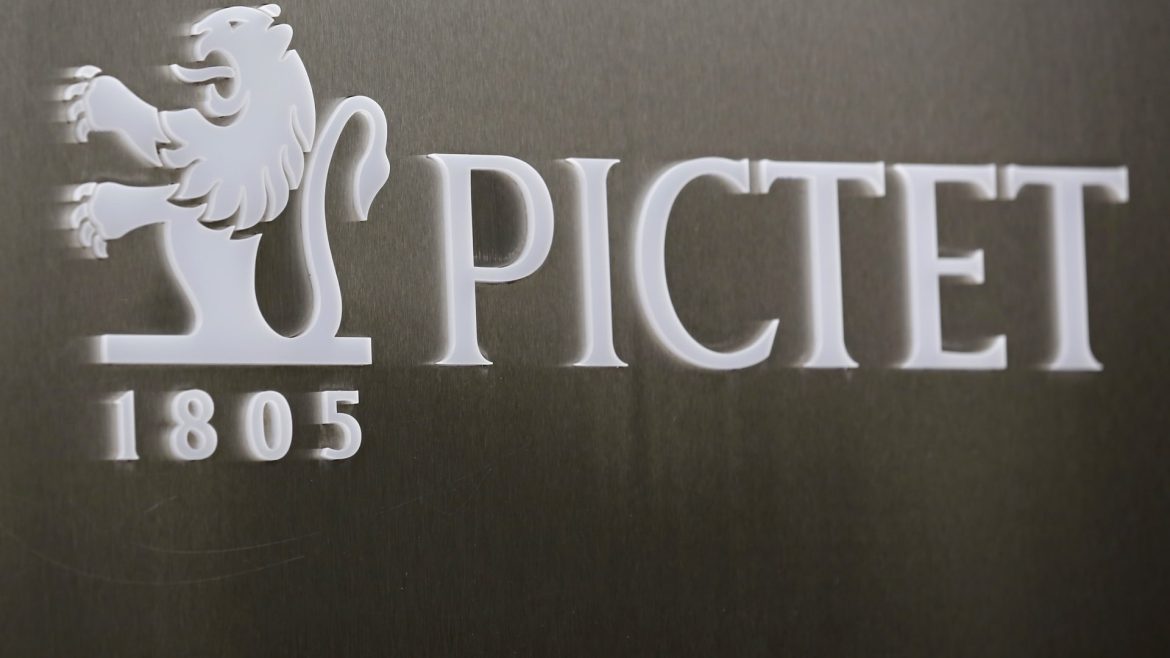Swiss Bank Admits to Conspiring with U.S. Taxpayers to Hide Billions
A major Swiss bank, Banque Pictet, has recently admitted to conspiring with U.S. taxpayers and others to hide over $5.6 billion from the Internal Revenue Service (IRS). This revelation was announced by the Department of Justice on Monday.
Restitution and Penalties
As part of the agreement with prosecutors, Banque Pictet, the private banking division of the 218-year-old Pictet Group, will pay approximately $122.9 million in restitution and penalties. This payment is in response to their involvement in hiding the substantial amount of money from the IRS.
American Clients’ Accounts
The DOJ revealed that between 2008 and 2014, Banque Pictet had 1,637 accounts on behalf of American clients who collectively evaded approximately $50.6 million in U.S. taxes. The accounts themselves held more than $5.6 billion of the roughly $20 billion in total assets from U.S. taxpayers that the bank managed during the relevant period.
Deferred Prosecution
In exchange for the bank’s compliance with the terms of the deal, the Justice Department has agreed to defer prosecution for three years and then dismiss a charge of criminal conspiracy to defraud the IRS.
Cooperation with Ongoing Investigations
Additionally, as part of the deal, the bank has agreed to cooperate with ongoing investigations into hidden bank accounts. This is a significant step in addressing the issue of tax evasion and ensuring that institutions are held accountable for their involvement in such activities.
Prioritizing Financial Malfeasance
Damian Williams, U.S. Attorney for the Southern District of New York, emphasized that rooting out financial malfeasance remains a priority for their office. He also encouraged companies and financial institutions to report any wrongdoing before it is discovered by the authorities.
Compliance with Swiss Law
The Pictet Group released a statement indicating their extensive cooperation with U.S. authorities in full compliance with Swiss law. They expressed their satisfaction with resolving the matter and emphasized their commitment to ensuring their clients meet their tax obligations moving forward.
Tax Evasion Methods
Prosecutors charged the Pictet Group with helping clients evade U.S. taxes by opening, maintaining, and concealing undeclared accounts for them. The bank used various means to hide accounts, such as holding clients’ account-related mail at the bank and forming and handling offshore entities with no business purpose other than to help the bank’s U.S. taxpayer-clients hide their offshore accounts and assets from U.S. tax authorities.
Transfer of Funds
Furthermore, the Pictet Group helped U.S. tax-evading clients keep undeclared money offshore by transferring funds from undeclared accounts to accounts held by non-U.S. clients. These accounts were still effectively controlled by the U.S. taxpayer-clients through fictitious donations.
The discovery of Banque Pictet’s involvement in such extensive tax evasion activities underscores the ongoing need for robust oversight and enforcement to prevent financial institutions from enabling tax evasion and to hold them accountable when they do.

I have been featured in numerous publications, both online and offline, and am a regular speaker at industry events. I am also the founder of Crypto University, an online educational platform that helps people learn about cryptocurrencies and blockchain technology. In addition to my writing and teaching career, I am also an active investor in the cryptocurrency space. I have made investments in some of the leading projects in the space, and my portfolio has outperformed the market by a wide margin
